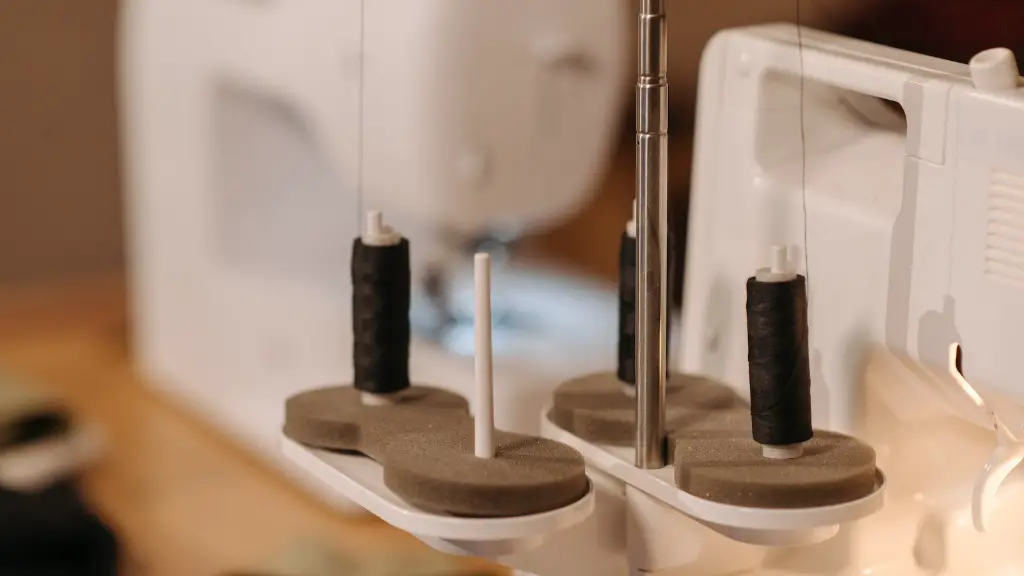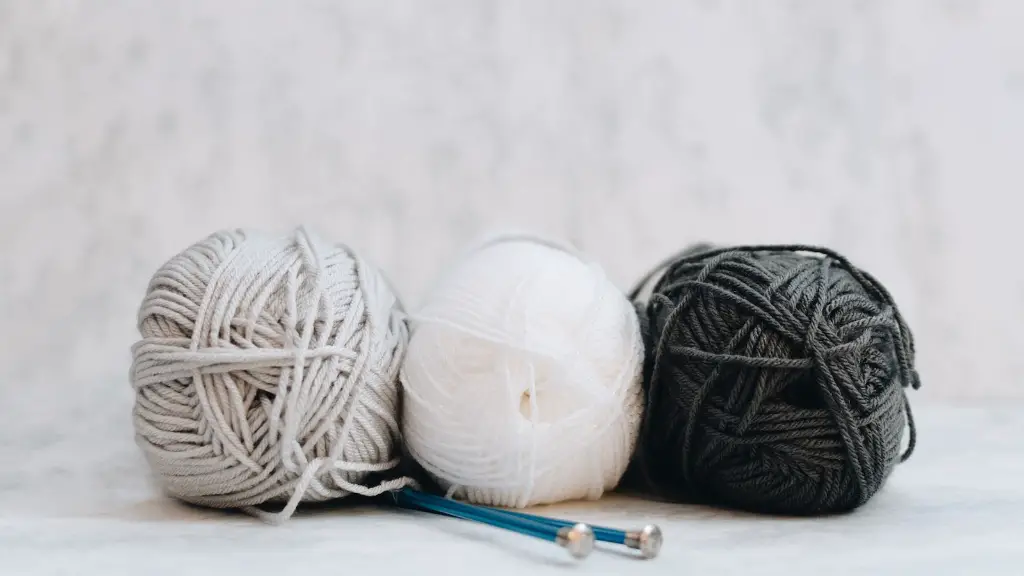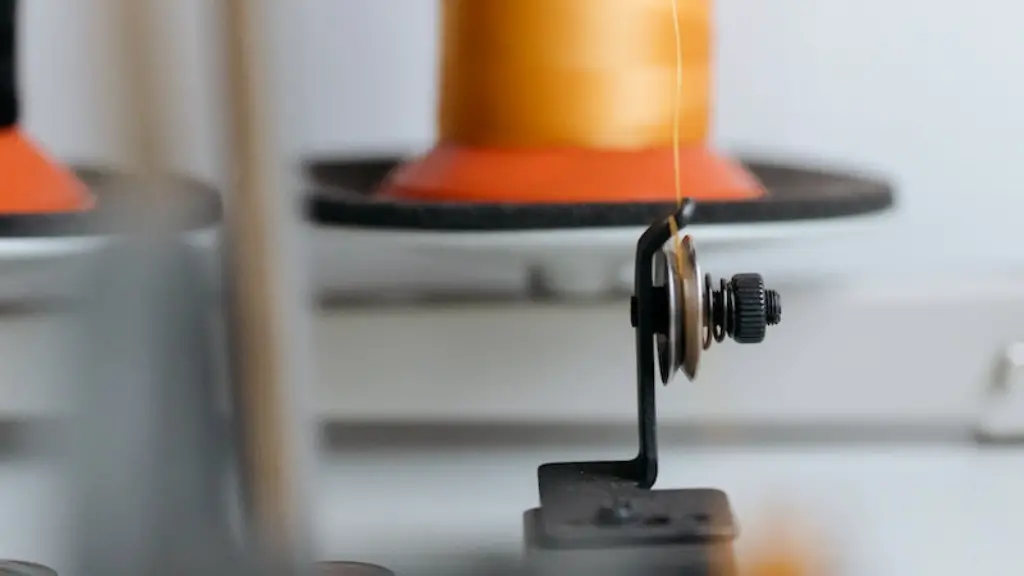Types of Repair
Industrial sewing machines are powerful tools used in many industries, from clothing to footwear and textiles. They can vary greatly depending on the type of design and construction desired. As with all machines, regular maintenance is key for ensuring your sewing machine runs smoothly and efficiently. Repairing an industrial sewing machine can be carried out in one of several ways, depending on the severity of the problem.
Minor repairs can be done by the owner, such as cleaning, lubricating and adjusting the machine. This may involve replacing worn or broken parts and adjusting the tension of the machine and its components. More complicated repairs should be done by a trained and qualified technician who can diagnose and repair any mechanical problems.
Assessing the Damage
Before attempting to repair an industrial sewing machine, it is important to determine the severity of the fault. Simple problems such as wrinkling fabric may be the result of a loose thread or incorrect tension. Alternatively, broken needles or mechanical problems may require more specialized attention.
A qualified technician will assess the machine to determine the cause of the fault and recommend a course of action. They may suggest performing minor maintenance and adjustments or they may determine that more complicated repairs are required.
Carrying Out Repairs
If the industrial sewing machine problem is more complicated, then the technician may need to take apart the machine and inspect the components. They can then identify any parts that need replacement or adjustment. If a particular part is not repairable, then the technician may need to source a replacement. Once the repairs have been completed, the technician will reassemble the machine and test it to ensure it is working correctly.
Preventative Maintenance
It is important to carry out regular maintenance on industrial sewing machines to prevent any serious damage or costly repairs. Before use, it is advisable to check the machine for any loose threads, worn needles and frayed belts. It is also important to regularly oil and lubricate the machine to ensure all of the components function properly. Ideally, regular preventative maintenance should be carried out on a monthly or bi-monthly basis, depending on the manufacturer’s guidelines.
On-Going Repairs and Maintenance
If a problem with an industrial sewing machine persists, then a qualified technician should be consulted to diagnose the problem and repair any mechanical faults. Minor maintenance and adjustments can always be carried out by the owner.
Industrial sewing machines are complex pieces of equipment and require regular maintenance and repair to function correctly. It is important to be aware of any potential problems with the machine and act accordingly to avoid expensive repairs.
Safety Measures
Industrial sewing machines are powerful tools and should be treated with care and respect. If a problem is suspected, the machine should be switched off immediately. It is also important to wear protective clothing and eyewear when working with industrial sewing machines, as the needle and the machine components can be dangerous.
Storage Procedures
It is important to store industrial sewing machines in a dry, clean and dust-free environment. This will help to reduce the risk of premature wear and tear and help to prolong the life of the machine. If the machine will not be used for a longer period of time, it should be stored in a climate-controlled storage facility to protect it from rust, corrosion and further damage.
Finding a Repairer
Finding a qualified technician or repairer is important to ensure the machine is repaired correctly and to the highest standard. Most repairers are part of an accredited network or company, and typically offer warranties on their work. It is advisable to choose a repairer who is authorised by the manufacturer and who has experience in repairing the same type of machine.
Using Genuine Parts
When carrying out repairs on an industrial sewing machine, it is important to use genuine parts. Generics parts may be less expensive, but they can be unreliable and may not provide the same level of performance as genuine parts. Choosing genuine parts will also ensure the machine runs as efficiently and safely as possible.
Using the Correct Tools
It is very important to use the correct tools when carrying out repairs or maintenance on an industrial sewing machine. Specialized tools are designed for specific tasks, and using the wrong tools can be dangerous and can cause further damage to the machine. It is also important to ensure all tools are in good condition and unmodified, as this will ensure the machine is repaired correctly and safely.


